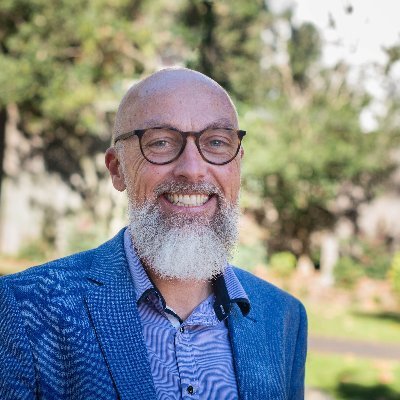Where to next for Christian Schools?
The Andrews Government in Victoria has kindly given us an insight into the future for para-church organisations and Christians schools in Australia in terms of their ability to remain distinctly Christian. And they’re doing it in a classic pincer move.
As Australia’s most aggressive progressive political leader (and progressives lead from the front, dragging people with them if they have to), Victorian Premier Daniel Andrews has simultaneously pushed the Safe Schools agenda hard at the same time that his government has clamped down just as hard on SRE classes in government schools. No surprises there really. That’s how progressives like their diversity.
However his government’s aggressive secularism, that brooks no rival and leaves no space for alternate ethical communities, has begun a pincer move that will force concerned Christian parents to reassess what the long term options for their children will be. And parents in other states should take note.
It’s a brilliant and brutal approach. At the same time in which government schools are being forced to take on the new sexual ethics as part of their curriculum, Christian schools are being faced with increasing pressure to sign off on anti-discrimination legislation on who they employ in which roles, in return for government funding.
Currently Christian schools employ Christian teachers in most if not all teaching roles, while plenty of other roles that are non-student-contact are contracted out. It’s probably been a grey area for some time, insofar as one cannot expect a large school that outsources its groundskeeping to find the right “Christian” landscaping company.
And that’s all well and good. If an atheist prunes a school’s gum trees better than a Christian does, and ensures they don’t drop huge branches on students, then that’s creation wisdom right there.
But the Andrews Government – as will future governments in Australia – wants more. I mean, how, they claim, can there be a way to teach maths that is Christian? How could it possibly be that discriminatory practices on sex and gender issues have any bearing on trigonometry? Keep it for the religious studies classes, caged and safe, discrete and disconnected from the rest of life.
The problem of course, is that hard secularists cannot fathom how religion is anything but a private set of beliefs that one keeps to oneself, safe and discrete, disconnected from the rest of life. It cannot and should not have any effect on the real world, because religion doesn’t belong in the real world, does it?
Religion is best kept as a private thing, and communities that form around deep religious convictions have boundaries that are self-defining. And progressivism is a totalising and suspicious worldview. It cannot cope with communities morally distinctive to its own vision of how things ought to be.
Hard secular progressivism doesn’t look at a Christian school as a complex web of inter-connecting relationships, a prayerful Jesus-focussed community with a common vision of the good life; a staff body whose common goal for students is for everything to come under the Lordship of Christ, even if that is at the expense of the highest education outcomes possible. Hard secular progressivism simply looks at such organisations as a stumbling block to a better, brighter, more equal future of its own making.
But to be honest, I suspect that increasingly a lot of Christian schools don’t view themselves that way either – at least not at a deeply intellectual and emotional level. Para-church organisations cannot raise above the level of the church culture in a given city because they are staffed by people who attend those churches. Unless the people of God – the church community in a state or nation – are captivated by a communal vision of the good life under King Jesus, then they will fracture into a baptised individualism that privatises faith just as effectively as secularism does. Read that paragraph again:
…a Christian school [is] as a complex web of inter-connecting relationships, a prayerful Jesus-focussed community with a common vision of the good life; a staff body whose common goal for students is for everything to come under the Lordship of Christ, even if that is at the expense of the highest education outcomes possible.
So if you work in a Christian school, and you already hear talk around the staff room about how “Well, perhaps we don’t need our Design and Technology teachers to be Christian, we just need the best Design and Technology teachers”, then that’s an early signal that that same privatised view of Christianity has infiltrated the Christian community.
I suspect the likes of the Andrews Government are confident that some schools will do the hard work for them. It’s a little like Israel when the Babylonians were at the gate: the enemy didn’t so much cave in the place as finish off a job which had already been white-anted from within.
After all, when a faith based school has so much government money riding on its success, and that money is being increasingly tied to sign-off on anti-discrimination legislation that does not recognise alternate moral communities and how they function, then that narrative could well move from a whisper to a conversation to a school policy in next to no time. In less time than it takes for your child to move from Grade 5 to matriculation. So you’d better have a back up policy if you’re thinking of sending your kids to a Christian school. Take it from me, the future for faith-based education is not bricks and mortar.
And for those that refuse to sign? Well perhaps that’s no bad thing. A smaller, leaner, more focussed, creative minority community that funds itself, could be the very grassroots education model an increasingly marginalised Christian community will require in the coming decades.
Watch this space.
Steve currently works as a pastor and church planter for Providence Church, and in his writing dabbles in a number of fields, notably theology StephenMcAlpine.com.



